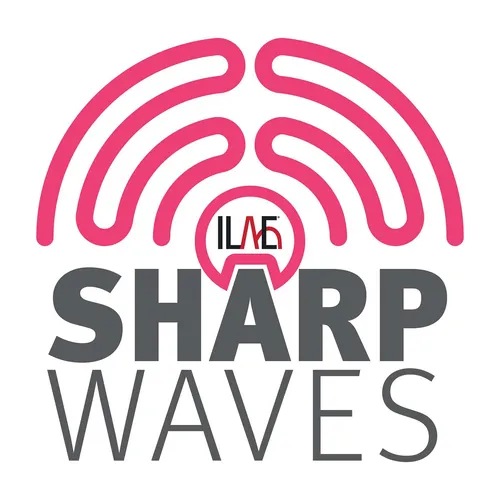
Sharp Waves: ILAE's epilepsy podcast
Epilepsy affects more than 50 million people. Every day. Sharp Waves brings you stories about people with epilepsy, physicians treating epilepsy, and researchers studying the condition. We'll cover the latest research, challenges to diagnosis and treatment, and issues from around the world.
- Update frequency
- every 13 days
- Average duration
- 25 minutes
- Episodes
- 89
- Years Active
- 2021 - 2025

Epilepsy education for teachers: Creating epilepsy-smart schools in India
Schools can be an important focus for screening of children for epilepsy, as well as educational efforts to address basic knowledge, stigma, and misconceptions associated wi…

Epigenetics in epilepsy and the Michael Prize: Dr. Katja Kobow
Katja Kobow is the most recent winner of the Michael Prize, an international award in epilepsy research. Her work focuses on epigenetics and epilepsy, a field that has grown…

Epilepsy, pregnancy and breastfeeding: Dr. Page Pennell
Can women with epilepsy get pregnant, give birth to healthy babies, and breastfeed? What are the myths and misconceptions around epilepsy during pregnancy, and what do physi…

"Why are there so many people?" - Seizures in the Canadian Arctic
Could annual dramatic shifts in day/night patterns in the Arctic have an effect on seizures? One researcher went looking for answers – and found more than he bargained for. …

Discovering new drugs for epilepsy: Dr. Karen Wilcox
Anti-seizure medications are not a cure, and about 30% of people with epilepsy don't respond to them. How are new medications discovered, and what's on the horizon? Dr. Pat…

Deep brain stimulation for epilepsy: Dr. Robert Fisher
Can electrical current stop seizures, or make seizures less severe? How does it work, and who can benefit? Dr. Laurent Sheybani interviews Dr. Robert Fisher about deep-brai…

The ketogenic diet for super refractory status epilepticus
Someone who has persistent seizures that last more than 24 hours, despite treatment, is in super refractory status epilepticus, or SRSE. The condition is rare, but often res…

"You are not your epilepsy": A conversation with Bright Bwalya
How can you describe your first seizures to a doctor if you don't remember them happening? What if your university professors don't believe you have epilepsy? How do you han…

Epilepsy care in Zambia: "Now that we have neurologists, we will have a voice"
Before 2018, epilepsy in Zambia was treated as a mental illness by the health care system, though many people viewed it as a manifestation of demonic possession or witchcra…